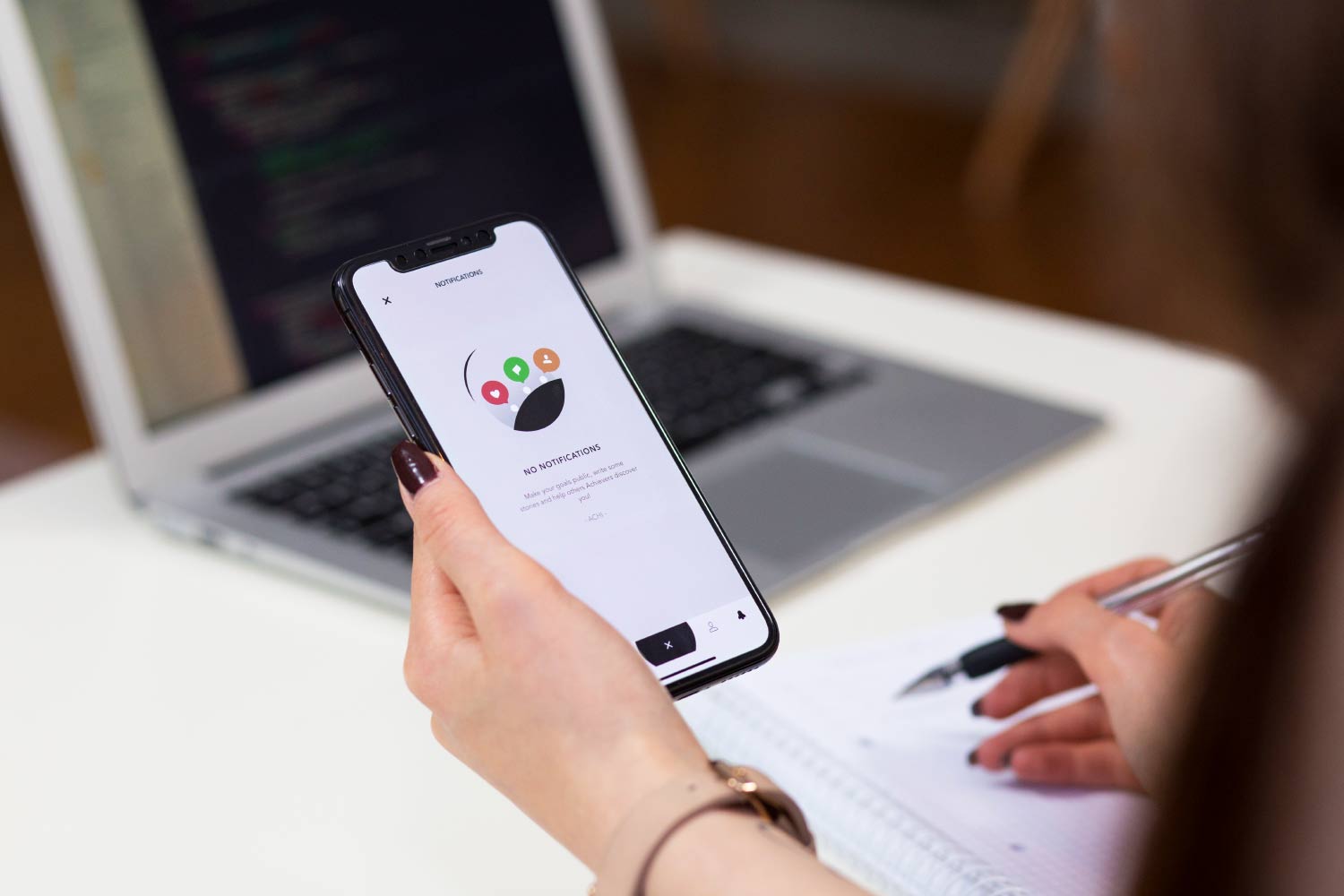Managing diabetes is easiest when you get into a routine of eating well, being active and taking medications as prescribed. Long hours or night shifts can throw a wrench into any well thought out plan, but with the right steps, it is still possible to keep your blood sugars under control. It’s important to pack everything you might need, take your allowed time to eat and find ways to keep moving.
Pack for success
Have a bag for your diabetes essentials, which may include your blood sugar meter and supplies, medicine, insulin and injection supplies, treatment for hypoglycemia and hand sanitizer. You may want to check your blood sugars more often, especially when driving, as night shifts and schedule or activity changes may affect your blood sugars in surprising ways. Other than this grab bag, don’t forget your lunch bag to help keep you going!
Plan to eat well at work
Maintaining a nutritious diet takes planning. It might be easiest if you spend some time on your days off to decide what you want to eat for the next 3-7 days, use those ideas to make a grocery list and then make at least 2-3 days of food for yourself in advance. Doubling batches, then freezing leftovers to use for busy days may also be helpful. Planning snacks is also important if you’re at risk of hypoglycemia or get tempted by treats between meals.
Try these easy nutritious ideas
Overnight oats or peanut butter and banana whole wheat wraps can be easy grab-and-go breakfasts. If you rely on sandwiches at work, remember to pick a high fiber bread and try to include other food groups as well. Ready-made salads or baby carrots with dip make quick sides to ensure ½ of your meal is vegetables. For snacks, pairing a protein with a carbohydrate can be helpful, such as:
- A handful of mixed nuts and a banana (greener is better)
- Unsweetened apple sauce with sunflower seeds
- Individual cups of low sugar yogurt or cottage cheese with berries
- Cheese slices and whole grain crackers
Pay attention to meal timing
Eat within an hour of waking and have your main meals during the day or early evening to help keep your blood sugars balanced. Pack snacks to help prevent hypoglycemia between meals or overeating later. You may also find it helpful to have a light snack before going to bed on night shifts, and to avoid caffeine at least 4-6 hours before you try to sleep.
Find ways to be active
Long hours and night shifts can make it hard to stay active, however it’s still helpful to try making activity part of your routine. Exercise can help give you energy for work and keep your blood sugars from spiking too high. Try taking a few minutes to do stretches or walk in place at your workstation every hour. If you are able to take breaks, try incorporating light exercise then as well. Other ways to build physical activity in your routine include parking far or biking to work.
Get help when needed
Diabetes is challenging with shift work, but with time and effort it can be managed well. Better blood sugar control can help you feel better in the moment, and lower risk of complications, keeping you feeling your best for your future as well. Ask your diabetes team if you need help managing your lifestyle on shift work, or if there are any medications that might work better for your schedule.
Michelle Broughton, Registered Dietitian



